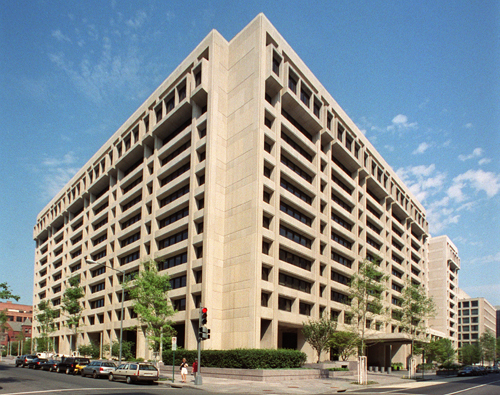July 8 (EIRNS)—In his meeting with Argentine Foreign Minister Santiago Cafiero in Bali, Indonesia where both were attending the meeting of G20 foreign ministers, China’s State Councilor and Foreign Minister Wang Yi offered Beijing’s formal support for Argentina’s entry into the BRICS grouping of Brazil, Russia, India, China and South Africa. The foreign ministry issued a press release to this effect and Cafiero told the state news agency Telam that “China chairs the BRICS this year, and its support and commitment to nominate our country to join is fundamental.” In their meeting, Wang Yi stressed the importance of President Alberto Fernández having attended the BRICS-Plus meeting on June 24 and Argentina having formally entered the Belt and Road Initiative during his visit to Beijing in February of this year.
The two foreign ministers also discussed Argentina’s role as rotating president of the Community of Latin America and Caribbean States (CELAC), from which post it also promotes the China-CELAC Joint Action Plan 2022-2024. According to Argentina’s foreign ministry, Cafiero told Wang Yi that his nation can contribute to the BRICS by strengthening and amplifying a voice in defense of the interests of developing nations.
Telam observed that membership in the BRICS could provide Argentina a way to free itself from the dollar-based financial system and the restrictions it imposes on the country’s macroeconomic development. Argentina is in need of new sources of financing for its large infrastructure projects, Telam adds, and points out that the BRICS are playing a crucial role in “promoting a new international financial architecture through its New Development Bank,” the BRICS bank. The New Development Bank, Cafiero emphasized, “has a key role in international financial cooperation and in promoting the agenda of the Global South and the structural changes it demands.” The Telam article can be read here.














